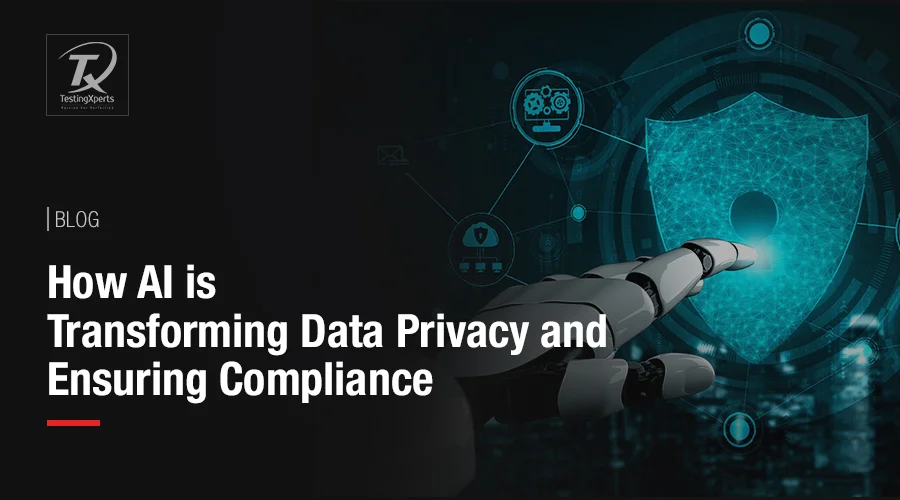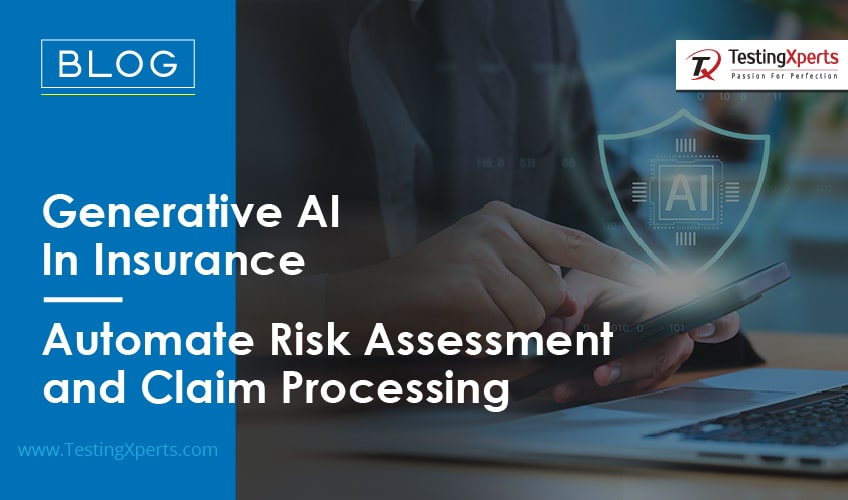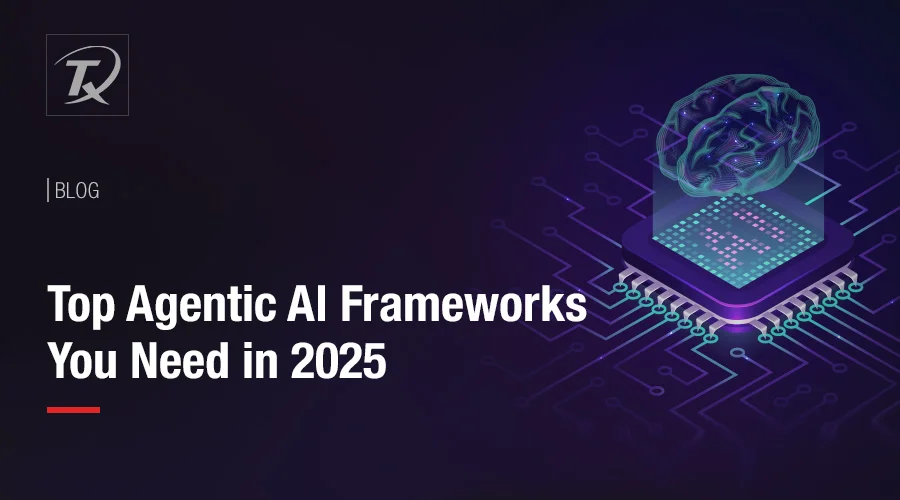
- Importance of Data Privacy
- The Role of AI in Data Privacy and Management
- The Role of AI in Data Privacy and Management
- How does AI help Comply with Data Privacy Regulations?
- How can Tx Assist with AI and Data Privacy?
- Summary
It’s been said repeatedly that data is the backbone of any organization. Every company needs a secure database to manage itself and its user base. According to IBM’s Cost of a Data Breach Report 2024, the global average data breach cost was $4.88 million, a 10% increase compared to 2023 and the highest total ever. Several factors are responsible for data breaches, such as inadequate data governance, negligence in data handling, third-party breaches, and much more. An effective data management strategy is crucial for establishing an environment where data will be carefully utilized across the organization. Now, how can AI assist in this?
AI in data privacy and management offers a more streamlined and efficient dataset for organizational use. This technology has been used across various industries and processes, but one of the less noticed ones is handling data management.
Importance of Data Privacy

Maintaining data privacy involves implementing measures like encryption, access controls, etc., to control access to personal data and mitigate risks related to identity theft, data theft, etc. This helps businesses establish trust among organizations and individuals. By prioritizing data privacy and management, companies can demonstrate their seriousness in protecting personal information while building their reputation. Businesses can also ensure compliance with data privacy and protection laws, such as GDPR, CCPA, PCI-DSS, etc.
Organizations must respect data privacy and ensure adequate user consent for data collection, storage, usage, and sharing. It’s not just about protection; it’s about handling information responsibly, deriving valuable insights, offering personalized experiences, and facilitating innovation across industries.
The Role of AI in Data Privacy and Management

AI-enabled data privacy would affect privacy and data management in the following ways:
- AI helps maintain network infrastructure privacy by identifying, redirecting, and processing privacy data requests faster than manual methods. Organizations leverage AI tools to handle complex data requests at low costs.
- Businesses can easily classify and organize data and swiftly review their existing data to update the data privacy standards accordingly.
- AI automates the handling and processing of sensitive data requests while preventing them from falling into malicious actors’ hands. It also eliminates the chances of human errors by adding an additional data privacy layer.
Challenges of Implementing AI in Data Privacy and Management

- One sad reality about AI models is that they rely heavily on data. If the data quality is garbage, the output will be garbage. Businesses should check data quality by implementing ethical considerations, regulatory compliance, and data quality testing techniques, to ensure seamless implementation of AI in data privacy.
- Storing and processing datasets to train AI has introduced new privacy and security risks. Organizations must protect the data from unauthorized access to prevent breaches and other security incidents.
- Using AI solely for business decision-making without human involvement can have unintended consequences. Although AI models are accurate, they still require a human perspective for contextual understanding.
- Implementing AI solutions for data privacy and protection can be costly, requiring investing in technology, experienced personnel, and maintenance. Because of the budget constraints, this could be challenging for small businesses.
How does AI help Comply with Data Privacy Regulations?

AI models can assist businesses in tracking and protecting their sensitive information, reducing security breach issues with real-time monitoring, and ensuring compliance with anonymization and data minimization rules. They also help streamline the compliance audit process and enable organizations to identify and mitigate privacy risks. With this, organizations can ensure compliance with regulations like CCPA, GDPR, etc., and help build user trust.
How can Tx Assist with AI and Data Privacy?
The dynamic combination of AI and data privacy is transforming the digital business environment by enhancing privacy and security practices. At Tx, we integrate AI into our QA practices to improve the efficiency and accuracy of your data management while ensuring data privacy. To address data privacy concerns, we leverage data anonymization and strict access controls to protect sensitive data during testing.
We utilize our AI-powered in-house accelerators, Tx-SmarTest, Tx-Automate, and Tx-HyperAutomate, to generate and maintain test scripts, further improving resting efficiency. By integrating AI into data privacy measures, Tx delivers comprehensive QA solutions while complying with industry standards and regulatory requirements.
Summary
AI upscales data privacy, enabling businesses to secure sensitive data and ensure compliance with regulations like GDPR and CCPA. By leveraging advanced algorithms, AI enhances data classification, anomaly detection, and privacy impact assessments, reducing human errors and automating key processes. Despite ethical concerns, high costs, and reliance on data quality, AI’s real-time monitoring and data anonymization capabilities promote trust and security. Tx integrates AI with QA practices, using tools like Tx-SmarTest to enhance testing efficiency and protect sensitive information. To know how Tx can help, contact our AI and data security experts now.
Discover more
Get in Touch
Stay Updated
Subscribe for more info




